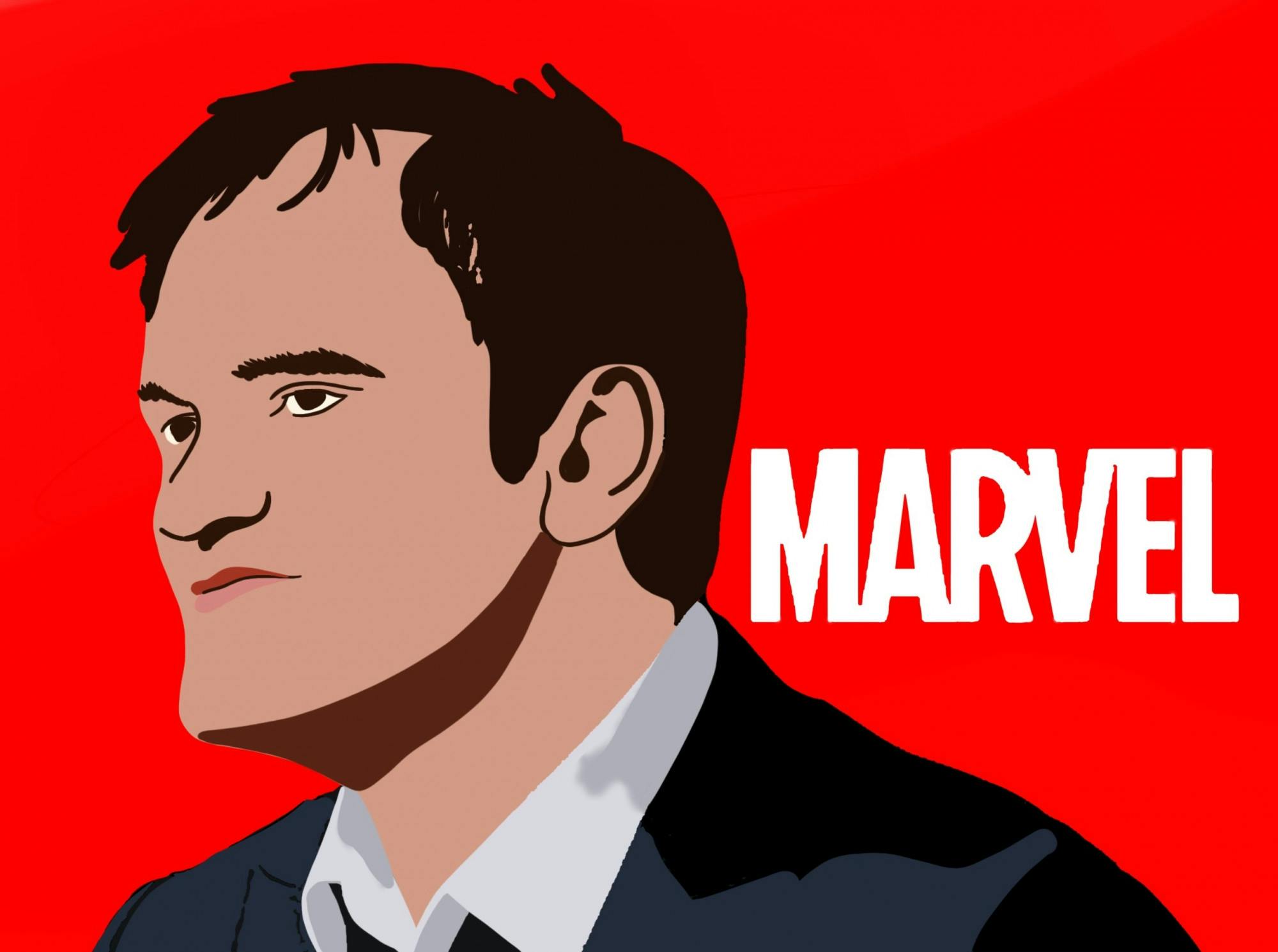Following comments made by film directors Quentin Tarantino and Martin Scorsese, Marvel actor Simu Liu took to Twitter to discuss representation and diversity in the film industry.
In an interview, Tarantino blamed the Marvel franchise for the decline in traditional movie stars and claimed that the comic characters, such as Thor and Captain America, are the real movie stars rather than the actors that play them. He called this false stardom effect the “Marvel-ization” of Hollywood.
Liu, who played the first Asian superhero in Marvel’s “Shang-Chi and the Legend of the Ten Rings” film, said Hollywood has notoriously been a white-dominated industry, and that film studios like Marvel grant opportunities for minorities to enter that space.
Human biology senior Tahnia Quadri said comments like the ones made by Tarantino undermine the legitimacy of minorities breaking into film.
“So many people consider Marvel to not be a real movie, real show, especially ones dominated by marginalized communities,” Quadri said. “(Those) films do so well with Rotten Tomatoes, but people aren’t as receptive.”
Quadri said many people who consume Marvel projects that focus on minorities refuse to legitimize it as real media despite their high ratings. On the other hand, she said, films like “Iron Man,” which stars Robert Downey Junior, are rapidly consumed and praised.
“The actors that Marvel has hired in (the new phase) are phenomenal and very talented,” Quadri said. “They’ve gotten to where they are by working twice as hard. To be told that it’s not real media and Hollywood is so heartbreaking to hear, because this is the first time that marginalized communities are being represented.”
In response to the debate Tarantino and Scorsese sparked on social media, Marvel “Eternals” actor Kumail Nanjiani defended the directors, stating that no one else has earned the right to have an opinion on movies.
Computer science sophomore Shreyas Sankar said that while the Marvel industry is rapidly expanding and taking up a lot of space in film, every instance of representation is important for minorities.
“Scorsese and Tarantino are some of the best directors of all time,” Sankar said. “And the (films) they make are instant classics and encapsulate an entire plot in one movie, which is probably why they're saying those things. But I don’t think it makes the Marvel actors any less than real actors.”
Sankar said he does not believe Tarantino or Scorsese are intentionally contributing to the whitewashing of Hollywood. He also agreed with Simu Liu regarding Marvel granting opportunities for people from marginalized communities.
“Marvel giving the chance to these smaller minority characters has been a really good thing because kids can look up to Black Panther, Shang Chi and even female superheroes as well,” Sankar said. “I think they’re doing a pretty good job of it, because a lot of the comic counterparts are mostly white people.”
Journalism sophomore Campbell Berg said she disagreed with Tarantino’s comments.
“I totally see that … Marvel is taking over all of Hollywood” Berg said. “There's a generous amount of work and time that go into those movies, and him discrediting that ... they have the same amount of work that go into his own films. So it’s almost him discrediting his own work.”
However, Berg said Marvel has had a rocky history of representation from their origins. She said recent films with superhero characters from minority backgrounds can start to feel performative.
“It feels a little 'checklist-y' with 'Shang Chi,' and then 'Ms. Marvel' and then 'Black Panther 2,'” Berg said. “I feel like if they mix (representation) in, with all the new phases, rather than just shoved it to the end of this Phase, then it would have definitely not seemed as forced.”
Like Berg, Quadri said the representation in the Marvel Cinematic Universe, specifically, feels shallow to her.
“Honestly, any type of representation I get, I’ll take it,” Quadri said. “I should be demanding more, but I feel like, still with Marvel, where is that line? I feel like even with Marvel now, they are representing marginalized groups, but I don’t expect anything after 'Ms. Marvel.' I don’t expect to see it after, because, 'oh, we’re done with the Muslims. Check.'”
Quadri said considering the stigma around Marvel movies and their designation as “not real media,” she is interested to see how Hollywood can incorporate representation moving forward.
“I’m curious to see (if those films) will have the same reception as Marvel films,” Quadri said.







